Responsible Technology Institute team

Professor Marina Jirotka
Institute DirectorMarina Jirotka is Professor of Human Centred Computing in the Department of Computer Science at the University of Oxford and Governing Body Fellow of St Cross College. Her expertise involves co-producing user and community requirements and human computer interaction, particularly for collaborative systems. She has been at the forefront of recent work in Responsible Innovation (RI) in the UK and the European Union. Her recently concluded projects involve a range of topics in RI: she led the Responsible Innovation work for the Networked Quantum Information Technologies Hub (NQIT); she was PI on ESRCs Digital Wildfires project; and she was Co-PI on EPSRC Digital Economy TIPS project, Emancipating Users Against Algorithmic Biases for a Trusted Digital Economy (UnBias). From her work on analysing the spread of hate speech and misinformation on social media (Digital Wildfires), she was appointed specialist advisor to the House of Lords Select Committee on Communications for their inquiry into Children and the Internet.

Dr Lars Kunze
Technical LeadLars Kunze is a Departmental Lecturer in Robotics in the Oxford Robotics Institute (ORI) and the Department of Engineering Science at the University of Oxford, and a Stipendiary Lecturer in Computer Science at Keble College. He is a Programme Fellow of the Assuring Autonomy International Programme (AAIP) and a Co-Editor of the German Journal of Artificial Intelligence (KI Journal, Springer). At ORI, Lars leads the Cognitive Robotics Group (CRG).
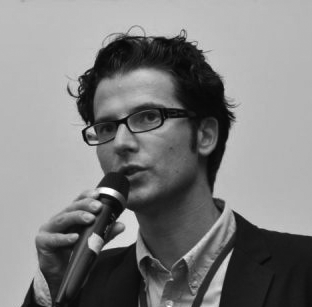
Dr Pericle Salvini
Research leadPericle Salvini is senior researcher on the RoboTIPS project. His expertise is in ethical and legal implications of human-robot interaction. His current research interests centre on responsible research and innovation in robotics research and applications. He was manager of the EU FP7 funded project RoboLaw (2012-2014), which is now considered to be a milestone in raising awareness about the legal, ethical and societal implications of robotics research and applications.
Email: pericle.salvini@cs.ox.ac.uk
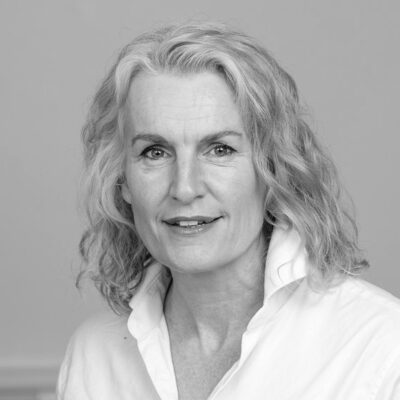
Dr Carolyn Ten Holter
POLICY LEADCarolyn Ten Holter specialises in responsible innovation approaches in a variety of novel technology domains, including autonomous vehicles, ICT sustainability, and quantum computing. She has a particular interest in policymaking and governance for novel technologies, and expertise in participatory and stakeholder-inclusive methods. As part of the RTI she leads the work on ResQCCom; a workpackage in the RAILS project on autonomous systems; consults on the PARIS-DE and AMHDM projects, and liaises with the RTI’s networks of civil society organisations, projects, and other organisations that work on similar themes. She has degrees in law, librarianship & information science, marketing communications, and her DPhil focused on responsible innovation in quantum computing. Previous projects include RoAD and ORBIT. She sits on the BCS Quantum Working Group.

Dr Lucas Somavilla
Associate MemberLucas Somavilla is a researcher on the EPSRC project Design Principles and Responsible Innovation for a Sustainable Digital Economy (PARIS-DE) in the Department of Computer Science at the University of Oxford. He is an interdisciplinary researcher applying a variety of lenses to the understanding of the role of responsible science, technology, and engineering innovation in decision-making, particularly on the application of knowledge systems and sustainability governance. Previously, Lucas has been involved in international development programmes (UCL, FCDO, UN) and the ORA/ESRC project Deltas’ Dealings with Uncertainty (DoUbT). He is an Honorary Research Fellow at UCL’s Department of Science, Technology, Engineering and Public Policy (STEaPP), a member of the UCL Digital Technologies Policy Lab and the Earth System Governance (ESG) community (Future Earth). Relevant themes in his work include uncertainty, sustainability transformations, and anticipatory science and technology governance. He holds an MSc in Anthropology, Environment and Development (UCL) and a PhD in Science, Technology, Engineering and Public Policy (UCL).
E-mail:lucas.somavilla@cs.ox.ac.uk

Dr Lewis Hyland
Research associateLewis Hyland is a Research Associate on the Design Principles and Responsible Innovation for a Sustainable Digital Economy (PARIS-DE) Project. His main academic influences have been associated with Ethnomethodology, which he encountered when reading Sociology at the University of Wales, Bangor, and during his Masters and PhD with the Work, Interaction and Technology Group in the Business School at King’s College London. He has since exercised and developed his research skills in academia and industry, including as a Research Fellow in the Mixed Reality Laboratory in the School of Computer Science at the University of Nottingham, and as Lead Qualitative Researcher working in R&D for Dyson Technology. Lewis enjoys exploring the relevance of theory and empirical findings derived from studies of cultural practice with collaborators on multidisciplinary responsible innovation projects.
Email:lewis.hyland@cs.ox.ac.uk
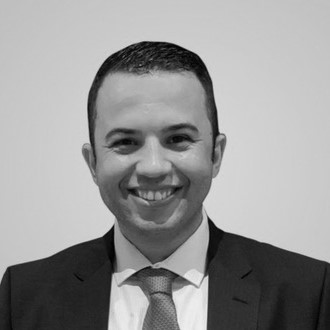
Dr Josimar Mendes
Research associateJosimar Mendes is Research Associate on the ‘Adolescent Mental Health and Development in the Digital World’ and ‘RoboTIPS’ projects. He obtained his PhD in Psychology at the University of Sussex. His career is marked by clinical and academic experiences involving children and their families, especially in legal settings. Throughout his career, he has been interested in investigating and comprehending issues related to family life and children’s rights and best interests. Dr Mendes was engaged in projects concerning youth participation and mental health – for instance, he helped to develop a digital tool (chatstory) to promote young people’s mental health and well-being through peer support and youth participation in Brazil. Dr Mendes is also an advocate for the recognition of children and young people as subjects of rights with inherent creative and transformative power to promote social justice and societal change. He believes young people should be seen as protagonists in social life, rather than mere spectators, especially in matters concerning their well-being, welfare and mental health.
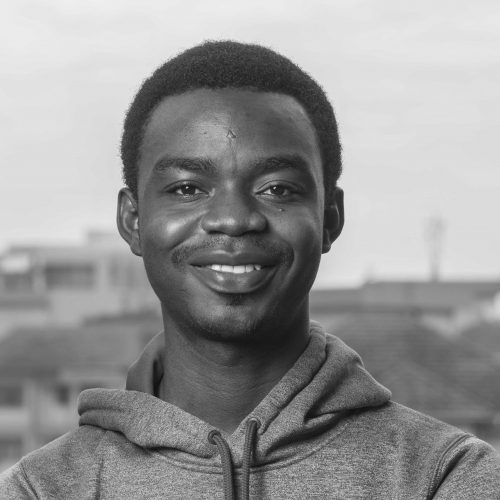
Dr Daniel Omeiza
Research associateDaniel is a postdoctoral researcher at the Oxford Robotics Institute. He works with Lars Kunze on the RAILS project. Daniel specialises in Explainable AI in Autonomous Systems. During his PhD at the University of Oxford, he leveraged XAI and behavioural science theories to develop transparent techniques for generating intelligible explanations in autonomous driving. Some of the explanation techniques have been tested within large projects like SAX and RAILS. He obtained a master’s degree from Carnegie Mellon University and a bachelor’s degree from the University of Ilorin.
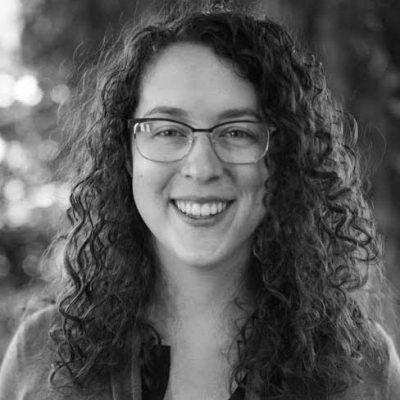
Dr Keri Grieman
Associate MemberKeri is Research Associate on the RoboTIPS project. She obtained her PhD in law at the Alan Turing Institute and the Centre for Commercial Law Studies at Queen Mary University of London. She is also a qualified lawyer in Ontario, Canada, and was previously the Google Policy Fellow for the Canadian Internet Policy and Public Interest Clinic. Her LLM on liability for self-driving vehicles sparked her interest in responsible innovation and governance of AI, and her research focuses on bridging the technical and legal gap in the regulation of artificial intelligence (AI).
Keri joined RoboTIPS in autumn 2021, and works alongside Marina Jirotka and Pericle Salvini on human-centred responsibility for robotics, adaptive regulation and governance, and the reconciliation of robotics and autonomy.
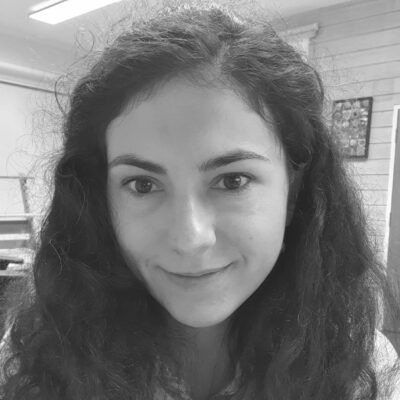
Zsofia Lazar
Project managerZsofia is the RTI’s project manager and looks after the day-to-day administrative and practical matters arising from its projects and ongoing activities, as well as communication, collaboration and outreach strategies. She manages the Institute’s relationships with a large number of current and potential partners and sponsors across its networks, and supports the RTI team in developing the overall strategy for the Institute, its funding priorities and future directions.
Email:zsofia.lazar@cs.ox.ac.uk

Tyler Reinmund
DPhil studentTyler Reinmund is a DPhil Candidate in Computer Science at the University of Oxford. His research focuses on understanding how health and social care practitioners incorporate machine learning systems into their working practices. Tyler has a master’s degree in science and technology studies from University College London and a Master of Business Administration from the University of Oxford.

Towera Moyo
DPhil studentTowera has a bachelor’s degree in Management Information Systems. Her current research involves investigating the impact of technologies on human trafficking, and designing technologies to disrupt human trafficking online.

Lize Alberts
DPhil studentEmail:lize.alberts@cs.ox.ac.uk

Ben Hardin
DPhil studentBen holds a bachelor’s degree in Computer Science Honors from Purdue University. His research focuses on improving the psychological safety of autonomous vehicles through better interfaces and advanced affective computing. He investigates interfaces that adapt to the passenger’s cognitive state and deliver explanation information that can reduce workload and improve information understanding.
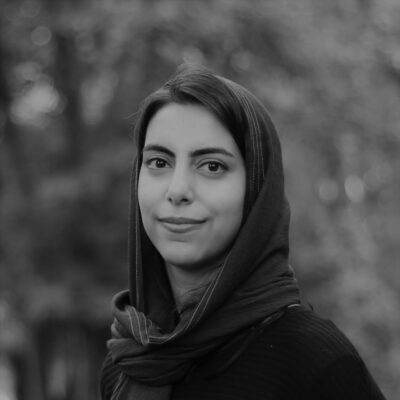
Jumana Baghabrah
DPhil studentJumana is a DPhil student in the Department of Computer Science at the University of Oxford. Her work revolves around responsible research and innovation for robotics with a focus on cross-cultural acceptance of social robots. Jumana obtained her Master’s and Bachelor’s degrees in Computer Science from King Abdullah University of Science and Technology (KAUST) and Effat University, respectively.

Dr Natasha Oughton
Associate MemberDr Natasha Oughton is the Quantum Computing Policy and Ethics Lead at the UK’s National Quantum Computing Centre. Her work focuses on responsible and ethical quantum computing (REQC), and spans carrying out research into societal, ethical and policy implications, developing internal practices and guidance, and enabling stakeholders on REQC across the UK and global quantum computing landscape, including industry, policymakers, and researchers. She has an interdisciplinary background in both philosophy and physics, with a focus on quantum foundations, and wrote her DPhil thesis on understanding quantum theory through information-theoretic reconstructions at Somerville College, University of Oxford.
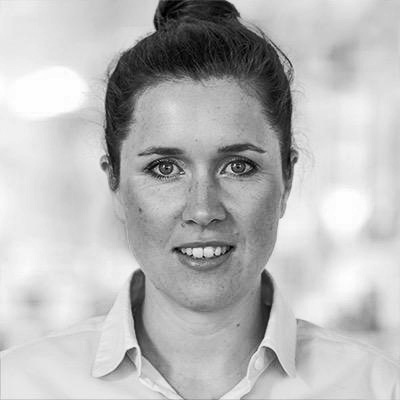
Dr Mira Wolf-Bauwens
Associate MemberDr Mira L Wolf-Bauwens leads the Responsible Quantum Computing effort in the Responsible & Inclusive Technologies Team at IBM Research. Mira also is a IBM Quantum Technical Ambassador. Mira holds a PhD in Political Philosophy on institutional recognition and normative evaluation of emerging technologies from University of Zurich with Visiting Research Fellowships at Columbia University and University of Oxford. She brings with her experience in technology ethics research, normative analysis, strategy and business consulting, development corporation, start-up leadership and digitalisation. In addition to her PhD, Mira also holds a MPhil in Politics (Political Theory) from the University of Oxford and an BA in Politics, Philosophy and Economics (PPE) from the University of York.
